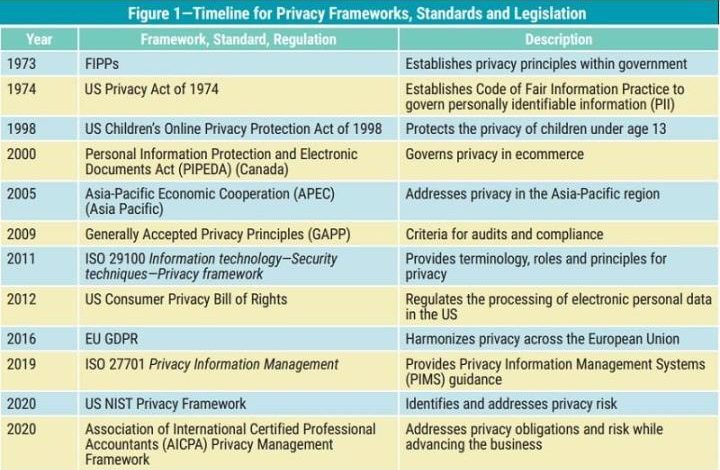Exploring the Legal Framework for Cybersecurity and Data Privacy

Exploring the Legal Framework for Cybersecurity and Data Privacy
In today’s digital age, cybersecurity and data privacy have become paramount concerns for individuals and organizations. With the threat of data breaches and cyber-attacks looming large, it’s crucial to understand the legal framework surrounding these issues. In this blog post, we will dive deep into the legal aspects of cybersecurity and data privacy, shedding light on relevant regulations and their implications.
The Importance of Cybersecurity and Data Privacy Laws
Cybersecurity and data privacy laws are designed to protect sensitive information from unauthorized access, use, and disclosure. They aim to safeguard the privacy and security of personal and corporate data, promoting trust and confidence in the digital realm.
Key Regulations and Laws
The legal landscape for cybersecurity and data privacy is multifaceted, with various regulations governing different aspects. Here are some key frameworks that deserve attention:
1. General Data Protection Regulation (GDPR)
Introduced by the European Union, GDPR is a comprehensive data protection law that applies to EU citizens and organizations conducting business within the EU. It emphasizes the protection of personal data and grants individuals greater control over their information.
2. California Consumer Privacy Act (CCPA)
As the first major U.S. privacy law, the CCPA empowers California residents with enhanced rights regarding the collection, use, and sale of their personal information. The law applies to businesses that meet specific criteria, irrespective of their geographic location.
3. Health Insurance Portability and Accountability Act (HIPAA)
HIPAA sets standards for safeguarding electronic protected health information (ePHI) by healthcare providers, insurers, and other covered entities. It ensures the privacy and security of patients’ health information while enabling the exchange of electronic health records.
Frequently Asked Questions (FAQs)
Q1: What are the potential consequences of non-compliance with cybersecurity and data privacy laws?
Non-compliance with cybersecurity and data privacy laws can result in severe penalties, including hefty fines and legal actions. Organizations may also face reputational damage, customer loss, and diminished trust among stakeholders.
Q2: What steps can organizations take to ensure compliance with cybersecurity and data privacy laws?
Organizations can take several measures to ensure compliance:
– Implement comprehensive privacy and security policies.
– Conduct regular risk assessments and vulnerability scans.
– Provide adequate staff training on data protection best practices.
– Perform audits to review and update security measures.
– Establish incident response and data breach notification procedures.
Q3: How can individuals protect their privacy and data online?
To protect their privacy and data, individuals should:
– Use strong, unique passwords for each account.
– Enable two-factor authentication when available.
– Regularly update their devices and software.
– Be cautious when sharing personal information online.
– Avoid clicking on suspicious links or downloading unknown attachments.
– Use a trustworthy virtual private network (VPN) when connecting to public Wi-Fi networks.
Conclusion
In an increasingly interconnected world, cybersecurity and data privacy have emerged as vital concerns. Understanding the legal framework surrounding these issues is crucial for organizations and individuals alike. By adhering to the relevant regulations and implementing robust security measures, we can create a safer digital environment for all.
Remember, staying informed and proactive is key in the ever-evolving landscape of cybersecurity and data privacy.



